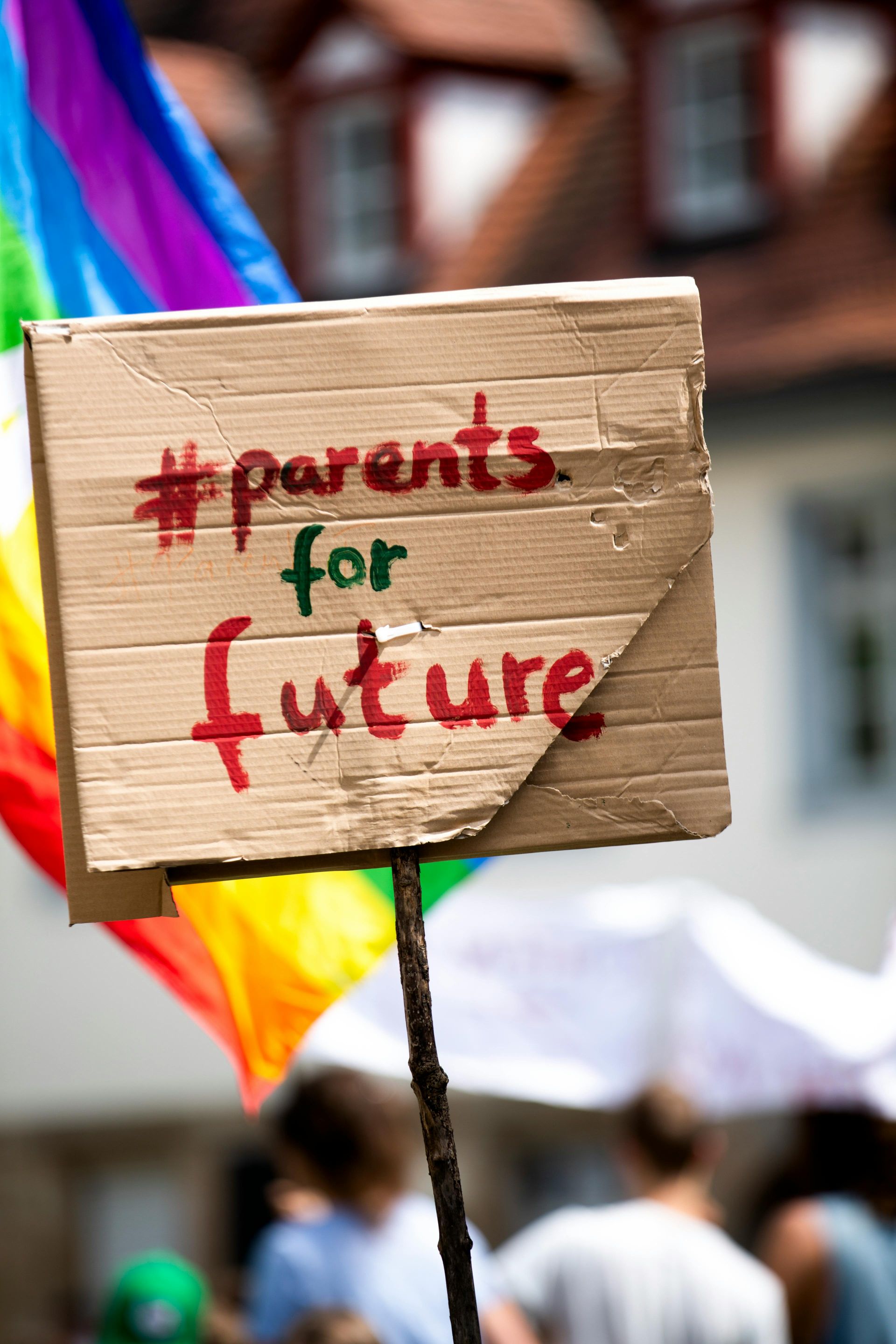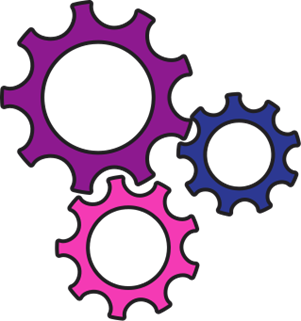
In a world shaped by rapid technological advancements and evolving societal needs, education finds itself at a critical juncture. The age-old model of rigid classrooms, long hours, and rote memorisation is being challenged by the realities of a dynamic and interconnected world. The integration of artificial intelligence (AI) into daily life has redefined what skills and knowledge are essential, urging education systems to embrace transformation. This journey is not just about preparing individuals for the workforce but about empowering them to thrive as collaborative, creative, and critical thinkers in a future where machines and humans work hand in hand.
Adapting to a New Paradigm
As AI takes over routine, predictable tasks, education must shift its focus to fostering creativity, critical thinking, emotional intelligence, and adaptability – traits that remain uniquely human. The future of learning lies in cultivating curiosity, resilience, and the ability to unlearn and relearn in response to change. By prioritising these capacities, education can prepare individuals to navigate the complexities of life and work in a world where uncertainty is the only constant.
The Rise of Home Education
One of the clearest signs of the need for educational transformation is the rapid rise of home education. More families are recognising that traditional schools often struggle to meet the fast-paced demands of the modern child and their evolving learning needs. The rigid structure of classrooms, limited opportunities for personalised attention, and outdated teaching methods have left many students disengaged and unfulfilled.
Home education, on the other hand, offers a flexible and customised approach that aligns with the unique pace and interests of each child. Parents and tutors can incorporate modern tools, such as AI-powered learning platforms, into their teaching, enabling children to progress faster in subjects they excel at while dedicating more time to areas where they need additional support. Additionally, home education often integrates real-world learning experiences, fostering creativity, independence, and self-motivation in ways that traditional schooling frequently overlooks.
The rise of home education signals that the education system must adapt to accommodate diverse learning styles and the increasing need for flexibility. It challenges the notion that one-size-fits-all schooling is sufficient in a world where individual potential thrives on tailored approaches.
The Role of Technology in Transforming Learning
Technology is poised to be the cornerstone of this educational revolution. AI-powered personalised learning platforms can tailor content to individual students' needs, making learning more effective and inclusive. Virtual reality and immersive simulations promise to transform traditional teaching methods, offering students experiential learning opportunities that bring subjects to life. Imagine history lessons that transport students to ancient civilisations or science classes that simulate complex experiments in a risk-free environment. These tools enable deeper engagement, bridging the gap between theoretical knowledge and real-world application.
Collaboration as a Cornerstone of Education
In a future where global problems demand interdisciplinary solutions, collaboration will become a key pillar of education. Schools and universities will emphasise teamwork, cultural competence, and communication skills, encouraging students to work on projects that tackle pressing issues such as climate change or urban planning. Digital tools will connect learners across borders, fostering a sense of global citizenship and shared purpose.
Ethics and Humanities in a Technological World
As technology shapes society, ethical considerations will take centre stage. Education must equip students with the ability to grapple with questions of fairness, privacy, and accountability in an AI-driven world. The humanities will play a vital role in this landscape, offering insights into human behaviour, culture, and values that complement the analytical power of machines. This balance will ensure that technological progress aligns with humanity’s aspirations and ethical frameworks.
A New Structure for Education
The rigid, one-size-fits-all structure of traditional education may soon give way to a more fluid and decentralised model. Competency-based systems will allow students to advance at their own pace, mastering skills as they are ready. Microcredentials and modular learning pathways will enable learners to customise their education, aligning it with their unique goals and aspirations. Lifelong learning will become the norm, supported by flexible online platforms and schedules that integrate education into various stages of life.
The Evolving Role of Teachers
Teachers will no longer be mere dispensers of knowledge but will become facilitators, mentors, and coaches. Their role will involve guiding students through their learning journeys, helping them discover their passions, and cultivating a sense of purpose. To navigate this evolving landscape, educators will need support and training to harness new tools and methodologies effectively.
Beyond the Classroom
Education will extend far beyond the confines of the classroom, embracing the world as an interactive and experiential learning environment. Field trips, internships, and community projects will offer hands-on experiences, enabling students to apply theoretical knowledge in practical contexts. This approach not only deepens understanding but also fosters a lifelong love of learning.
Conclusion: A Brighter Future for Education
As we stand on the threshold of a new educational era, the future promises to be both dynamic and transformative. Education must evolve to meet the challenges of a rapidly changing world while upholding the values that define humanity. By leveraging technology, fostering creativity, and embracing innovative approaches, we can ensure that education equips individuals not just to survive but to thrive. The rise of home education has demonstrated that adaptability, flexibility, and personalised learning are essential for meeting the needs of the modern learner. The goal is clear: to create a society where individuals are empowered to lead meaningful lives, contribute to their communities, and tackle the complexities of their time with confidence and purpose.

